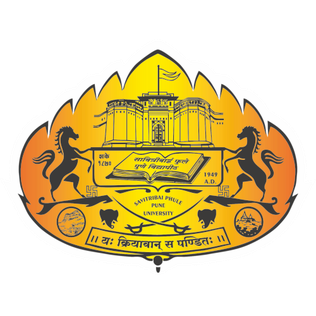The Institute human values and professional ethics policy focuses on providing quality education to all students in the classroom without any kind of favoritism, discrimination, treating them equally with love, care and affection with a commitment to inculcate good values in them.
1. Exceptional concern to students must be shown by all teachers by motivating them wherever possible, to be acknowledged as role models by the students.
2. Absolute fairness in assigning marks/grades is to be exercised by the teachers during their internal and external assessments.
3. The rights and dignity of the students in expressing his/her opinion must be respected by all teachers.
4. The student community has varying levels of aptitude and capabilities with each student different from every other student. The teachers must recognize these differences and try to meet the needs and aspirations at individual level to the extent of possibility.
5. Human values and ethics play a distinctive role in molding the psyche of a student. These need to be touched upon by the teacher by means of presenting the importance of values by linking it to the subject being taught, at any stage of student interactions whether classroom teaching or practical sessions. This will have higher acceptability than dedicated sessions for the same.
6. Blood donation camps, visits to hospitals, old age homes, and orphanages can very effectively inculcate the spirit of generosity and sacrifice towards fellow humans. Hence such events to be highly encouraged.
7. The Institute is committed to providing Divyangjan or differently able students, equal opportunities for accessing all the facilities available in the campus as per the mandate under Rights for Persons, with Disabilities (RPWD) Act, 2016.
8. Convenient locations of classrooms and examination rooms for the differently able students are to be allotted.
9. Additional time during examinations along with service of scribes is to be provided for physically challenged students as per the Government rules and affiliating University.
10. For easy access to Institute buildings, ramps are provided for convenience.
11. A special toilet with additional fixtures is provided for the use of disabled students.


